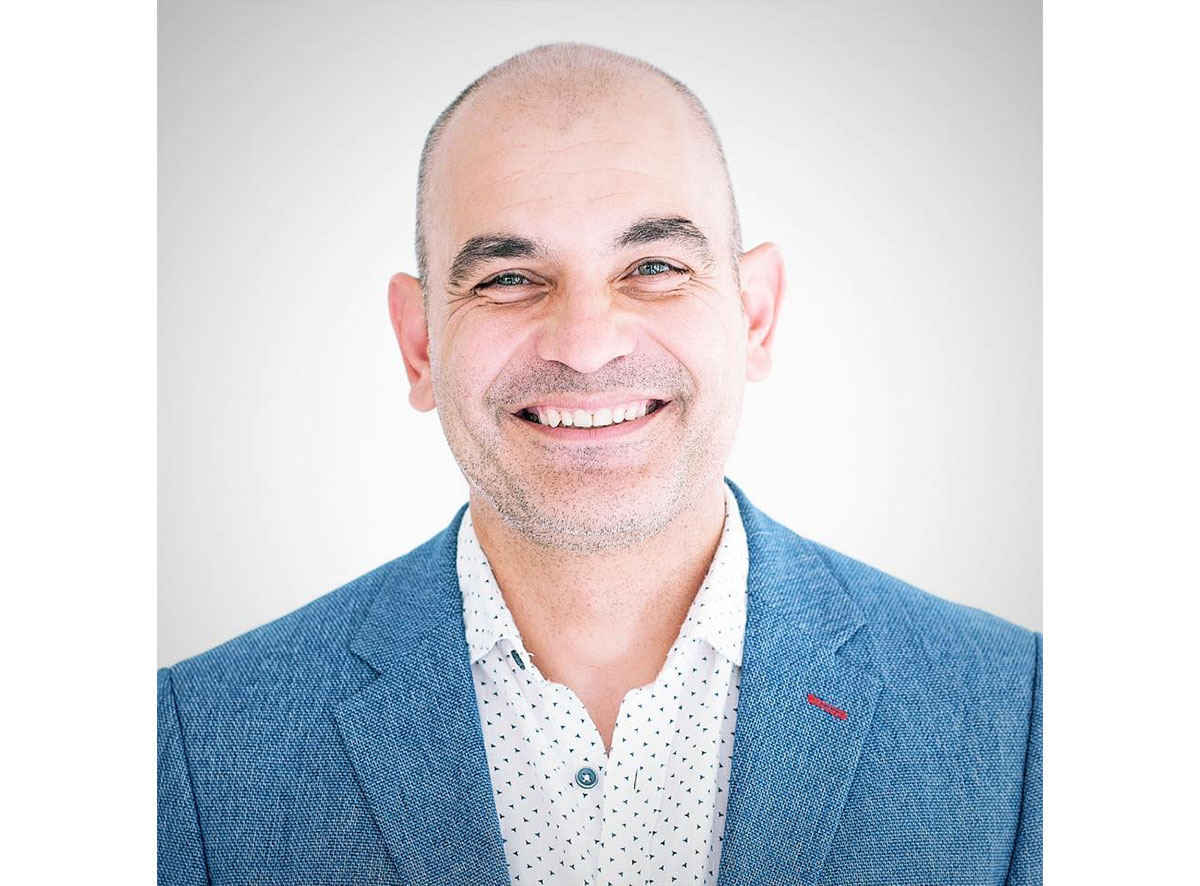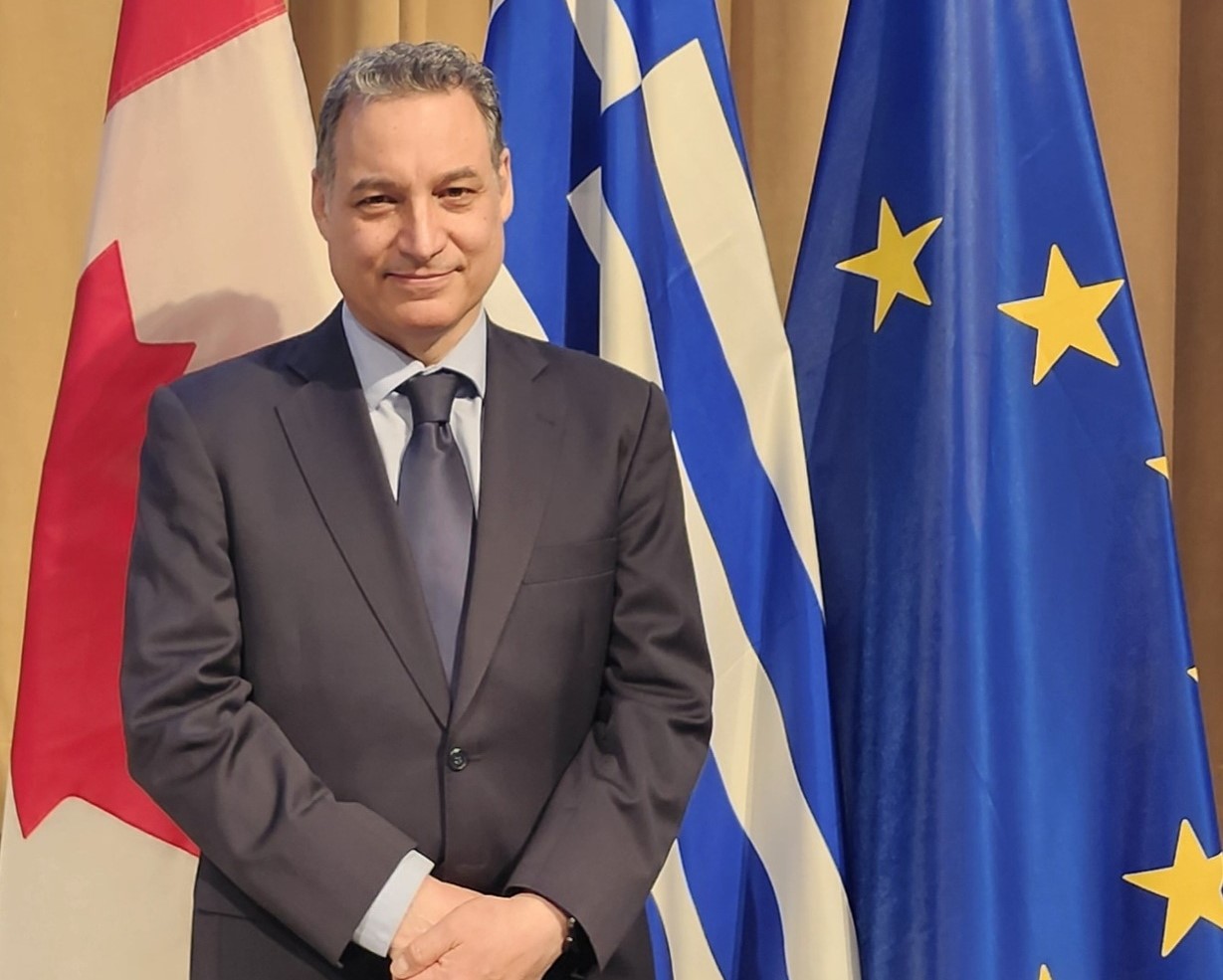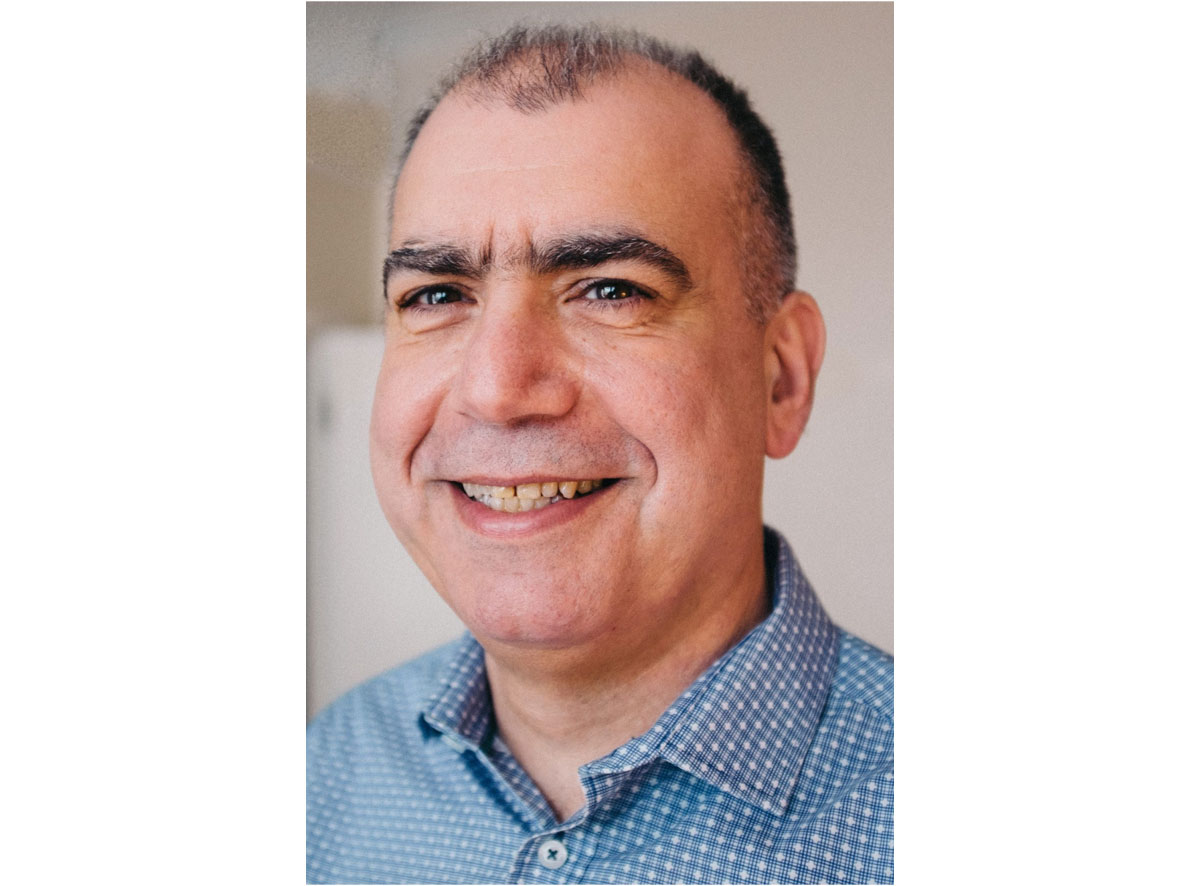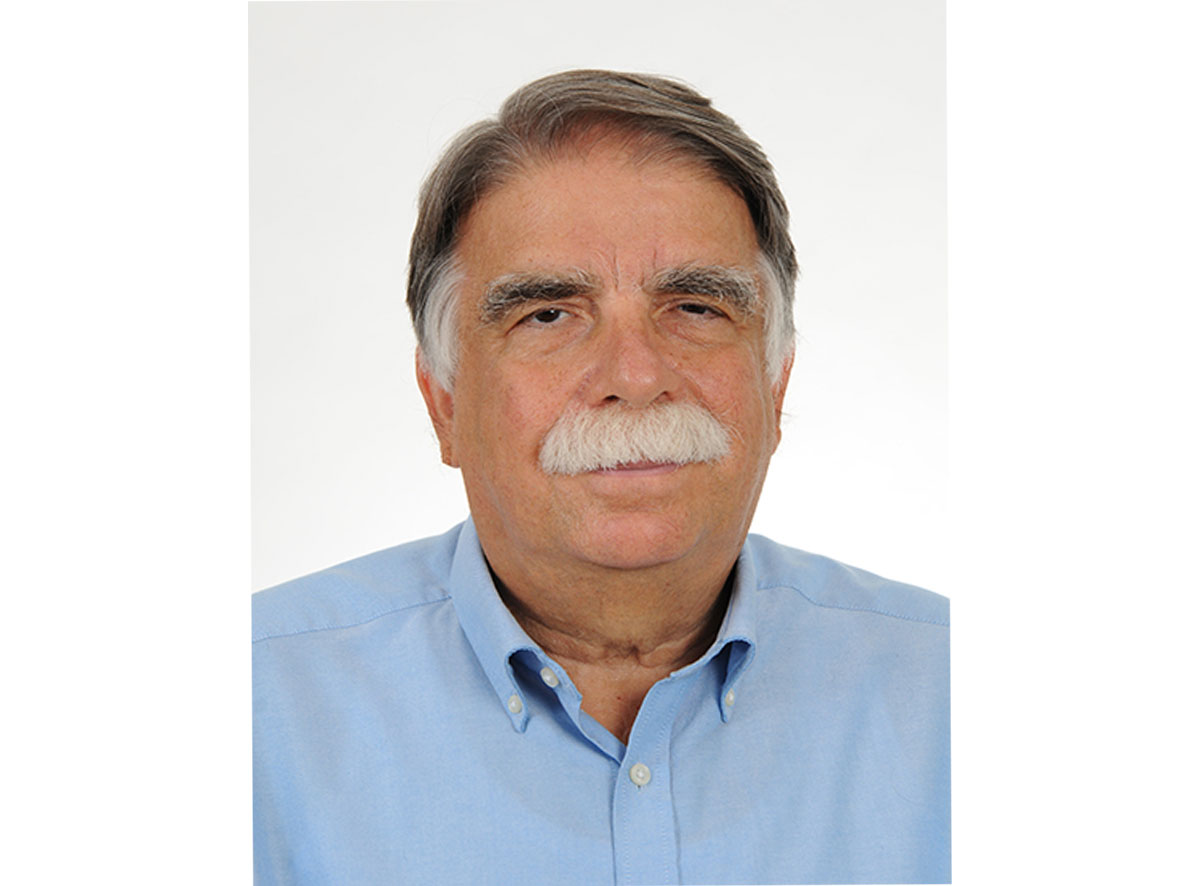George Valiakos – 75% of emerging infectious diseases, such as COVID-19, originate from animals
George Valiakos – 75% of emerging infectious diseases, such as COVID-19, originate from animals

The role of One Health is crucial in containing pandemics, as 75% of emerging infectious diseases, such as COVID-19, originate from animal – often due to their intensive exploitation and the destruction of ecosystems.
This is highlighted by George Valiakos, Associate Professor of Veterinary Medicine at the University of Thessaly and a member of the Antimicrobial Resistance Working Group of the Mediterranean One Health Innovation Center (MED-OHC).
In the following interview, Mr. Valiakos also explains the urgent reasons behind adopting the holistic One Health approach today.
The Interview:
Q: What exactly does One Health mean?
A: One Health is a holistic approach that recognizes the intrinsic link between human, animal, and environmental health. It aims to sustainably balance and optimize them by mobilizing various sectors and scientific disciplines to collaborate.
The need for this approach arose from human-driven pressures such as land-use change, climate change, and the misuse of antibiotics. It represents a fundamental shift from siloed health strategies to a systemic understanding—essential for addressing modern, complex threats that disrupt natural balances.
One Health is not just a theory, but a vital response to these challenges, redefining how we pursue what might be called “collective well-being.”
Q: On a practical level—meaning in our daily lives—how does One Health contribute to the promotion and protection of Public Health?
A: In everyday life, One Health safeguards public health by preventing zoonoses—diseases transmitted from animals, such as avian flu. It helps combat the development of antimicrobial resistance, which is caused by the overuse of antibiotics in both humans and animals, thus preserving the effectiveness of critical medications.
It also supports the production of safe food through the monitoring of animal health and agricultural practices. One Health protects public health by promoting a healthy environment, since environmental degradation increases infectious risks.
This entire preventive strategy reduces disease incidence, enhances broader societal resilience and well-being, and lowers healthcare costs.
Q: How critical is the role of One Health in addressing pandemic threats such as the one recently experienced worldwide, and other challenges like the Food and Climate Crises?
A: One Health plays a pivotal role in preventing pandemics, as 75% of new infectious diseases—such as COVID-19—originate from animals, often due to their intensive exploitation and the destruction of ecosystems.
This approach targets the root causes to prevent transmission. It also tackles the Climate Crisis, whose effects—like the changing geographic distribution of pathogens—pose health threats, as well as the Food Crisis by promoting sustainable agriculture.
By viewing these crises not as isolated events but as symptoms of systemic imbalance, One Health allows us to shift from a reactive mode of management to proactive building of the necessary resilience.
Q: How can active citizens become informed and support the goals of One Health?
A: Active citizens can stay informed through organizations such as MED-OHC, which provide epidemiological data, public health initiatives, and environmental programs.
They can contribute by using antibiotics responsibly, making sustainable consumer choices, and supporting environmental protection. Participation in local initiatives and the adoption of responsible personal behaviors are also vital.
An informed and active citizen base not only contributes directly but also ensures that One Health policies are effective and responsive to societal needs, fostering a sense of shared responsibility for collective health.
Q: Is One Health an additional tool for us all in mitigating the effects of the Climate Crisis and achieving the Sustainable Development Goals (SDGs)?
A: Yes, One Health is a fundamental tool for addressing the Climate Crisis and achieving the Sustainable Development Goals. It contributes to many of them (e.g., good health, clean water, climate action, etc.) by balancing health needs with the protection of natural resources and ecosystems.
It holistically addresses the health impacts of climate change, such as shifts in disease distribution.
By placing health within a broader ecological context, it promotes a mindset shift toward true sustainability, emphasizing that human well-being depends on the health of the planet.
It is not merely an “additional” tool but an integral element for the long-term well-being of all.
GEORGE VALIAKOS
George Valiakos has been an Associate Professor at the Department of Veterinary Medicine, University of Thessaly, since December 2017. He holds a degree from the Veterinary School of the Aristotle University of Thessaloniki, a Master’s degree in Public Health from the Medical School of the University of Thessaly, and a PhD from the same university’s Veterinary Department.
He is the author of 33 scientific publications, with over 300 citations and an h-index of 8. He has participated in more than 70 oral and poster presentations at national and international scientific conferences. He is also a reviewer for 12 Scientific Journals.




